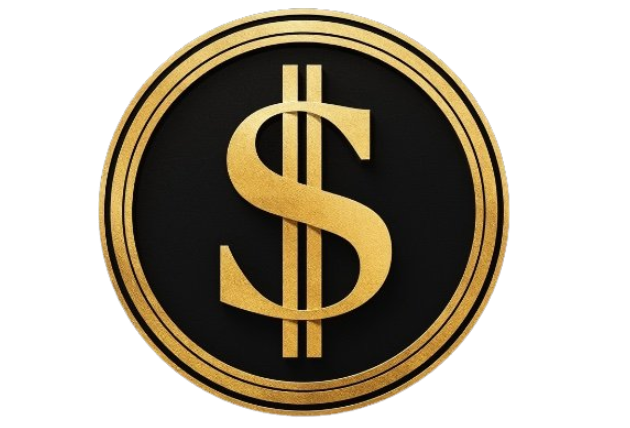With beauty standards becoming more and more pervasive in our society, aging can be a very burdensome and overwhelming fear for many women.
With the rapid increase in social media’s relevance in daily life, it can be hard for many women, especially younger girls, to distinguish perceptions of perfection from reality. It’s hard to avoid thoughts of dissatisfaction with one’s self-image when constantly presented with what is perceived as “flawlessness”. Feelings of dissatisfaction can often manifest into harmful projections onto one’s self-reflection, creating low self-esteem. As women age, these destructive thoughts can turn into devastating and injurious attempts to remain “youthful.”
In response to women’s concerns about an aging appearance, the anti-aging product market is skyrocketing. Just between the years 2022 and 2023, the market grew by about $2.6 billion globally and is projected to grow 5.8% over ten years from 2022 to 2032, accumulating about $78.7 billion. Importantly, this only accounts for anti-aging products such as facial lotions/creams, eye creams/lotions, etc. In a Premium Beauty News survey, it was reported that 77% of women who buy these anti-aging products hope to reduce and potentially eliminate wrinkles and/or fine lines.
General anti-aging products aren’t the only way countless women seek to reverse the process of aging. The cosmetic surgery industry provides a popular outlet to “ease” women’s concerns about how their bodies change. Along with the anti-aging product market, the cosmetic surgery industry is also becoming more prevalent, with a projected growth of 11.6% in ten years from 2021 to 2031, rising by $133.7 billion. In a survey of women over 50 years old, the most common cosmetic surgeries are regarding the face, such as facelifts, eyelid lifts, neck lifts, rhinoplasty, etc. Descriptions of these procedures usually push the idea of maintaining a “youthful” appearance or erasing any noticeable aging features. Both the anti-aging product market and cosmetic surgery industry target women’s insecurities regarding old age and amplify the idea of women needing to always present themselves in a youthful manner.
This idea of trying to uphold a “youthful” presentation is a truly damaging concept to many women across the world. Resisting the natural process of aging for the sake of adhering to societal beauty standards often has disastrous effects. Many women feel the pressure of needing to look the same as they did in their younger years to still feel valued in our society. This stress is especially emphasized in the media with the idea of women having a “prime age,” especially in regard to their careers. During a CNN morning show, Don Lemon claimed Nikki Haley—a Republican presidential candidate—was “past her prime.” He further emphasized this notion by claiming a woman is considered to be in her “prime” in her 20s, 30s, and “maybe” her 40s. And while Lemon eventually tried to clarify that he was talking about “political” prime and apologized to Haley for his comment, it’s still a truly harmful notion that women have an “expiration” date to which they are valued in society and in their careers.
These harmful notions progress into unhealthy endeavors that often have long-lasting effects. A common dangerous coping mechanism to compensate for shattering expectations of aging is eating disorders. A report conducted by the National Library of Medicine suggested that there is a link between aging concerns and disordered eating as women try to keep a thin and youthful ideal. This again highlights how mentally damaging media-perceived notions of aging in women can be. Anti-aging sentiments produce a profuse amount of stress and impossible expectations many women can’t live up to, potentially causing ruinous outcomes.
One essential thing to note is that there is nothing wrong with getting any of these procedures out of one’s desire. A lot of these products and procedures can boost one’s self-confidence and self-image which can amount to more self-happiness and acceptance, leading to a high sense of self-esteem. However, forcing women to put themselves through these demanding processes out of the pressure to attain unrealistic standards portrayed by the media can be mentally taxing, and forever having a youthful appeal is almost impossible to truly achieve.
So where to go from here? It may seem like there aren’t any true solutions to this enormous issue. However, many women have various suggestions of what they think could potentially help address the issue at hand. A popular suggestion is having a more transparent representation of aging in women. One that highlights a realistic image of aging put out by the media. One that captures models embracing wrinkles and fine lines and doesn’t try to hide the try behind the camera and editing. With a more truthful outlook on aging with realistic representation, women can begin to feel more comfortable within their own skin and the changes they’re going to face with age.
For the sake of younger generations, as a society, we need to start dismantling harmful perceptions of women aging. It’s a natural and unavoidable process, so why not treat it as one?








